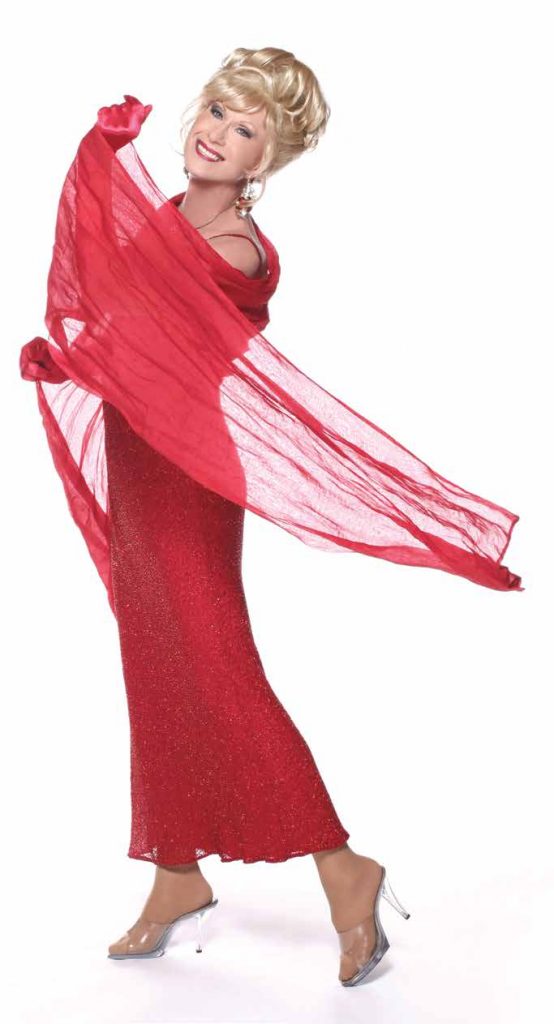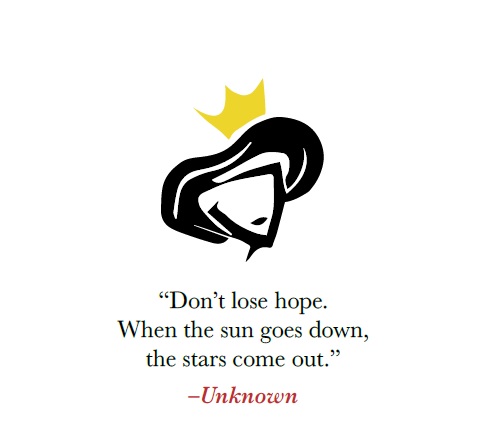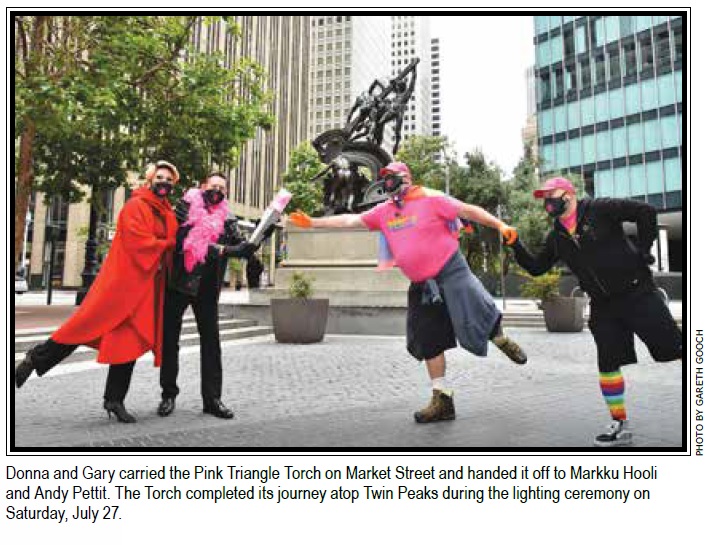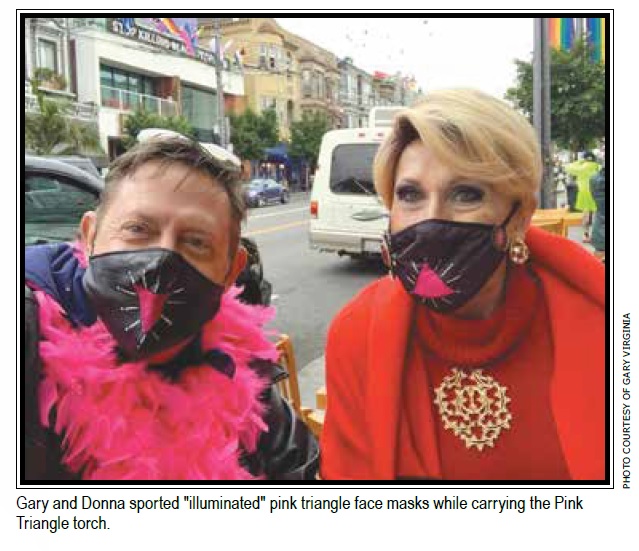
By Donna Sachet–
What began as a rumor and quickly grew to a worldwide pandemic shows no immediate signs of ending. People keep talking about a return to normal and some are rushing into what they consider the new normal without proper regard for the seriousness of the situation. Despite weak and confusing federal guidelines, maybe it is time we came to terms with the far-reaching effects of COVID-19 on everyday life.
The much talked about return to dining at restaurants does not mean a return to anything close to what we experienced before this virus. Eating establishments large and small have been literally out of business for months and are now statewide prohibited from having indoor dining. Before the virus, we had all read how difficult it was for restaurants to make a profit and stay in business with high rents, increasing City taxes, labor expenses, etc. How do we think they can build a business model with 50% occupancy, a handful of outdoor tables, or delivery and pick-up service only? The sign of a popular and successful restaurant has always been a long waiting list and a packed dining room. Now, in a rush to a return to normal, we see small groups huddled in the San Francisco cold and fog at scattered outdoor tables on already crowded sidewalks, removing their masks to eat and drink with friends. Is it worth it? Long-shuttered restaurants are understandably anxious to return to business, as are their employees, so they probably welcome those few who dine with them in these conditions, but is this the long-awaited return to restaurant dining?
Bars, both small and large, that have been so essential to the LGBTQ Community were slower to find ways to reopen their doors before Governor Newsom on July 13 ordered their closure in California. Many of us have chipped in to online fundraisers to help favorite bartenders and bars get through this difficult time. But given the continued threat of this virus and the new records being set daily in states and cities around the country, how anxious should we be to return to the close quarters, frequent body contact, and high potential for infection of bars? We appreciate creative approaches within safe guidelines, but once bars do re-open, we advise caution with your personal health.

The experience of wonderful entertainment has become intrinsically connected to the group dynamic. Watching a comic film, one joins in the laughter of those around you. Thrilling to a moving dance performance, one hears the gasps of breath around you and joins the throng in applauding at the end of each masterful moment. Symphony, opera, cabaret, and even drag shows thrive on the energy of the audience. When the curtain opens on an incredibly beautiful set, when the performer hits a particularly splendid musical note, or when a dazzling costume steals the stage, isn’t sharing that moment with those around us part of the enjoyment? For years, performing arts organizations have worked so hard to fill every seat, diversify their audiences, and attract new eyes and ears, but now how will they deal with limited seating, spaced out attendees, and/or conversion to online or virtual formats? As they struggle with their survival, we can’t be in too much of a hurry to return to our seats in their venues.
And, although sports have never been a big part of our time, attending a football, baseball, basketball, or other game has become an American pastime, drenched in tradition. Stadiums that have increased in size to accommodate ever larger crowds will now be limited in capacity and won’t that inevitably dilute the experience? Even for smaller local sports events and even Gay softball leagues, bleachers will no longer be crowded and celebrating successes will not involve the same physical hand or body contact.

What does a return to normal mean for the faith communities? Don’t we attach great meaning to the group experience of a worship service? When offered only video services, how many simply opt out or change the channel? How do changes in the experience affect tithes and offerings and therefore the financial health of churches?
And speaking of financial health, this COVID-19 pandemic has radically challenged long established fundraising techniques for every charitable organization. Without large big-ticket galas, will some groups face extinction? Once the novelty has worn off, how long will the public continue to contribute online to agencies and even individuals who seek financial support? Smaller local organizations that provide essential services have long touted their ability to raise money one dollar at a time, but without the small community-led events that were their bread and butter, how will they survive?
Granted, this is not the most uplifting column we have ever submitted, but these times seem to call for blunt assessments, fact-based decisions, and careful actions. As an extroverted entertainer, we have faced a myriad of confusing, conflicting, and unresolved emotions over the past few months, but facing the possibilities that a rush to return to normal bring, we continue to shelter in place. We are avidly seeking creative solutions and we applaud those who have had success. There are drag queens performing online, organizations converting to virtual events, alternative fundraising projects, and other attempts, some more successful than others. Seek them out until things return to something close to normal. And be as generous as you possibly can within your means to help those most directly impacted financially.

All this is to say, we don’t pretend to have all the answers, but we do know that taking care now is the right thing to do. We keep hearing about herd immunity and an imminent vaccine, but until they are a reality, the numbers of COVID-19 cases and the suffering and deaths it has caused should be enough to keep us at home. There will be glorious meals at festive restaurants, enjoyable nights of crowd-pleasing entertainment, and socializing that will again bring us together in a more familiar way. But not yet. Realistically, that may be next year or even further out. In the meantime, stay home, stay safe, and stay calm.
Donna Sachet is a celebrated performer, fundraiser, activist and philanthropist who has dedicated over two decades to the LGBTQ Community in San Francisco. Contact her at empsachet@gmail.com
Published on July 16, 2020
Recent Comments